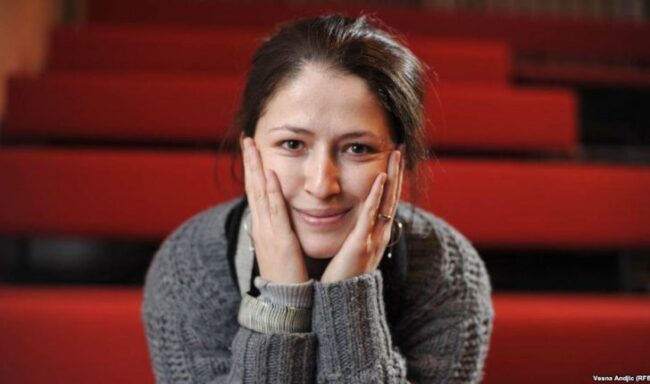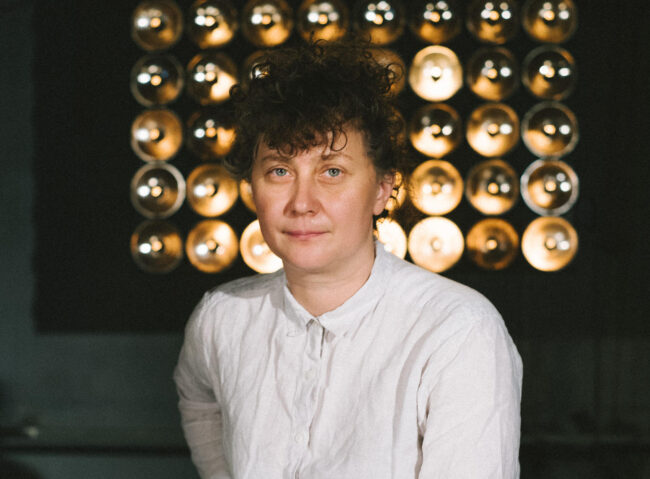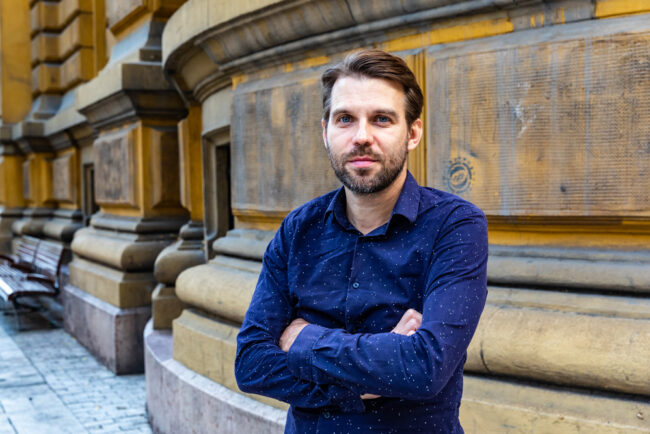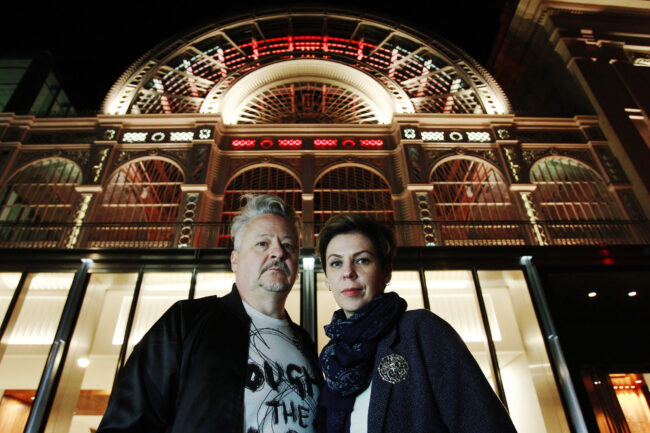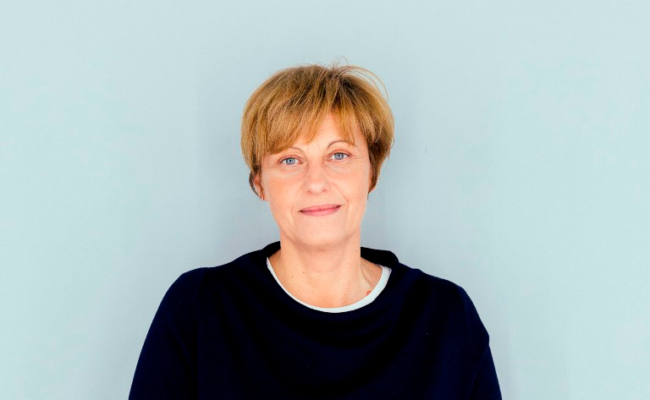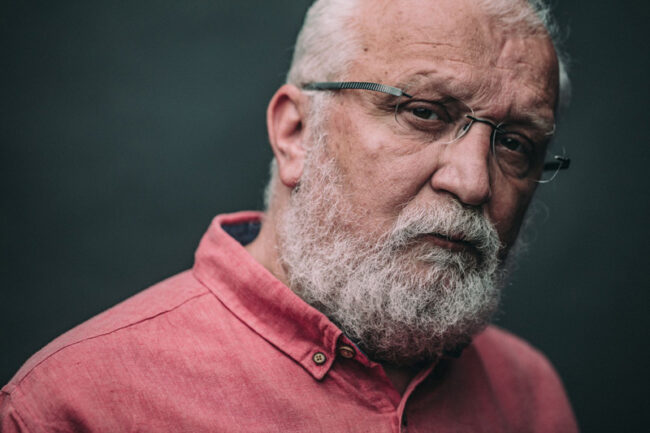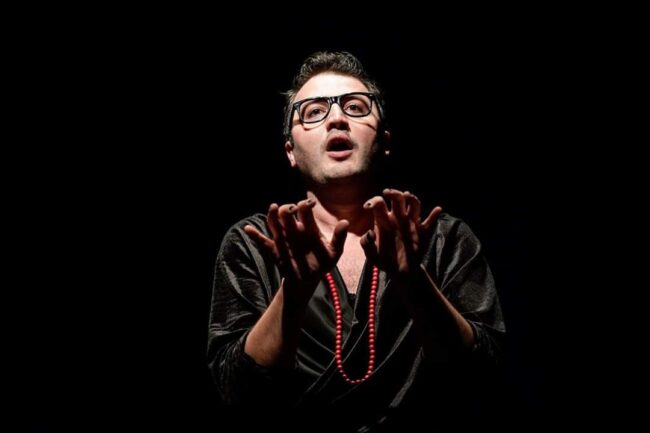Blerta Neziraj: “As a female theatre director in Kosovo, you have to fight constantly.”
Blerta Neziraj, one of Kosovo’s leading theatre directors, talks about international collaboration and the challenges of working as a female theatre director in the country.

